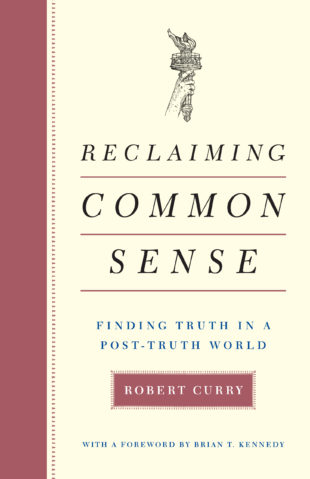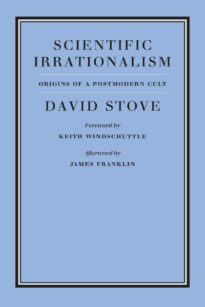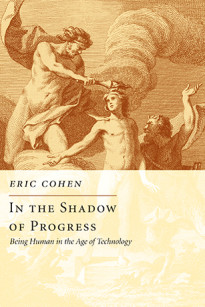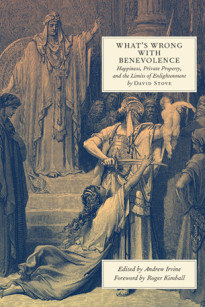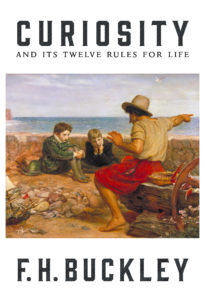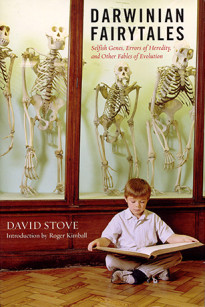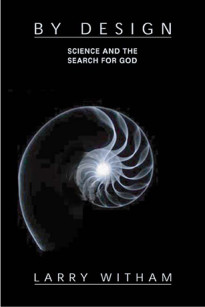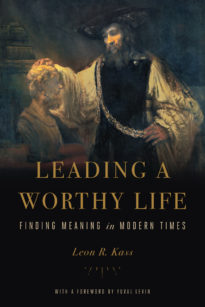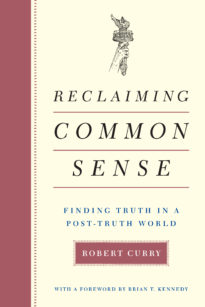“There was nothing about Ulysses S. Grant that struck the eye; and this puzzled people, after it was all over, because it seemed reasonable that greatness, somewhere along the line, should look like greatness. Grant could never look like anything . . . and afterward men could remember nothing more than the fact that when he came around things seemed to happen. The most they could say, usually, was that U. S. Grant had a good deal of common sense.”
—Bruce Catton, Grant Moves South
General George McClellan had failed again and again to solve the problem he faced: how to use the Army of the Potomac to bring the Civil War to a successful conclusion. Everyone—especially McClellan!—knew that McClellan was brilliant. Yet he could not get it done. Then Ulysses S. Grant was given command, and he led the army to victory. The common-sense general did what the brilliant general could not do.
In histories and biographies of the Civil War, it is fascinating to observe authors struggling to reconcile what Grant accomplished with the plainness of the man. In their defense, it must be admitted that there is something unobtrusive about common sense, even in uncommon measure, so it is easily overlooked. But once you begin to examine it, you may be swept away from our everyday world of ordinary people and find yourself looking into profound depths filled with fascinating wonders. I propose that we boldly venture out into the deep.
I have a witty and perspicacious friend who says that common sense is a “superpower.” Indeed it is. But it is a superpower we all have in common, even if some of us have it only in the ordinary degree. It is the power that makes us rational beings and moral agents. It enables us to meet the challenges of daily existence as human beings—and also to meet extraordinary challenges, as Ulysses S. Grant did.
Our common-sense superpower is what makes us human. Without it, what would we be? Something strange, certainly.
To get an idea of what our life might be without common sense, let’s consider Francois Truffaut’s fascinating film The Wild Child. It recounts an idealistic Frenchman’s struggle to bring a feral child, a boy who grew up in the wild without human contact, into the human community. Because the boy did not grow up among people, he had only the physical attributes of humankind. He looked like a boy, but he lacked the other traits that a boy his age would normally have. He was biologically a boy, but he had never developed the superpower we all take for granted. Consequently, the effort to make a boy of him had to begin with the kind of training we use with our pets.
The story of the wild child makes this clear: while our capacity for common sense is inborn, we must enter into the common life of a human community to develop it. If we are deprived of the opportunity to participate in the shared life of people who have cultivated the superpower we have in common, that capacity is unrealized. In this respect it is like language. We have an innate capacity for language, features of which are apparently hardwired in our nervous system, but we learn to speak only by interaction with other people.
Between the feral boy and the Zen-like mystery that was Ulysses S. Grant, there is an enormous distance, and most of us live somewhere in between. We all have the capacity for common sense, and most of us employ it in our daily lives. In fact, we cannot get along without it. Common sense is the foundation of thinking and of human action. And yet it has long been under attack by intellectual and cultural elites, who tell us to mistrust what it teaches us. That is the reason for this little book.
***
This is my second book with the term “common sense” in the title. The two books are related but not similar. The first one, Common Sense Nation, explores the thinking of the American Founders. Its focus is the pattern of ideas that connects the Declaration of Independence and the Constitution of the United States. My aim in that book was to present to Americans today what was once known by virtually every American. For a century or more after the Revolutionary War, the common-sense thinking of the Founders was studied and taught in American colleges, and its precepts—both practical and moral—pervaded American society. It was the coin of the realm in American thought. This fact of our history has been forgotten to an astonishing degree.
For the last century or more, there has been a concerted effort to delegitimize the American founding. That campaign originated on American university campuses but now has spread throughout the culture. Today, elite opinion in America assumes that the founding was deeply flawed, that the Founders’ ideas are outmoded, and that the system they designed needs to be fundamentally transformed. This is well known. What is not so much recognized is the connection between that campaign and the campaign to delegitimize common sense that has been going on at the same time.
The war on common sense is an attack on the foundation of the American founding. An effort to restore the American idea therefore faces a double challenge. While Common Sense Nation addresses the challenge to the American founding by presenting anew the Founders’ understanding of what they were establishing, Reclaiming Common Sense takes up the other challenge: the challenge to the foundation of the founding.
The unrelenting attacks on common sense have created something truly strange: a widespread notion that we have somehow moved beyond common sense, even though we still inescapably live and move and act in the realm of common sense in our every waking moment. This book exposes the absurdity of those attacks and draws upon well-known stories from the Western literary tradition to help us regain our footing in common sense. My goal is to restore a trust in common sense and an understanding of its crucial role in our lives. I aim to inspire confidence in your own common sense, which I hope will be helpful to you in your personal life and in your role as an American citizen.
